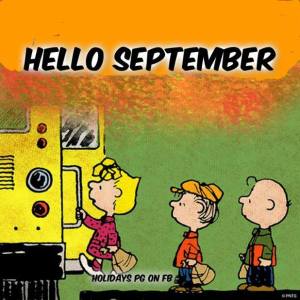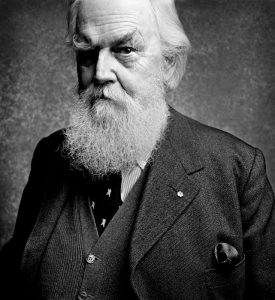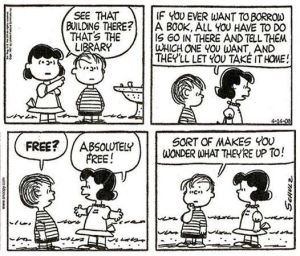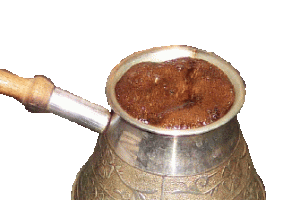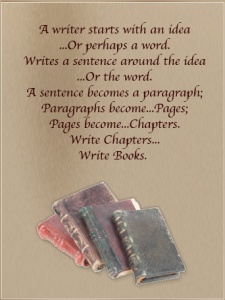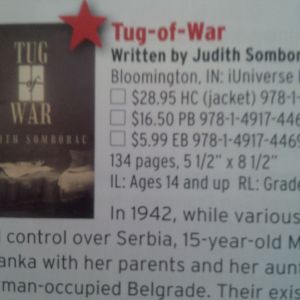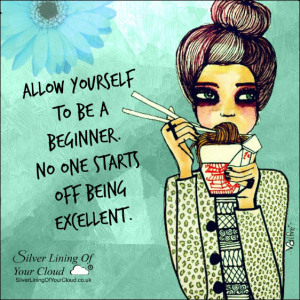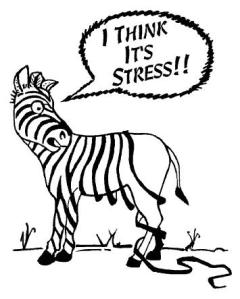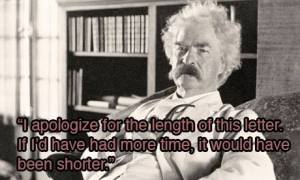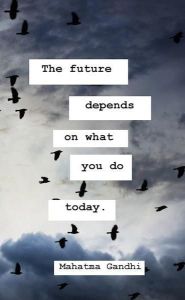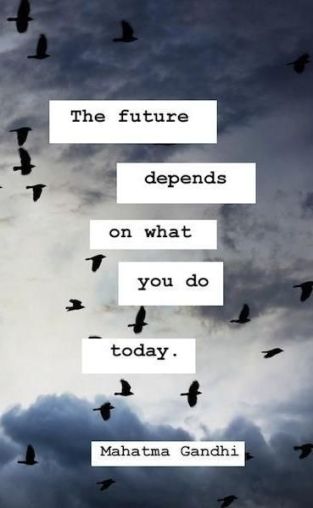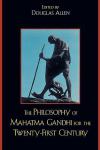I don’t know what happened this summer, but I have totally neglected my blog. To my followers … my apologies. Suddenly September … and a whole new frame of thought.
I listen to books on my iPod. Yes, I really read, but I can “read” so many additional books by listening to them while I garden, clean the house, walk for fitness, iron, drive my car, basically with any activity that does not have competing noises.
This summer has been the summer of reading Robertson Davies. I read two books by Davies in my university years: Fifth Business and The Manticore. I can’t say I remember much of them, probably because they were sandwiched in with a pile of other books that I was under pressure to read for class. If you have taken any university courses in literature, you will remember the shock of moving from one book per semester in high school to one book, or two, per class in university. Bottom line, I didn’t really appreciate the works of Robertson Davies until now. I am on my fourth book and I will keep reading until I have read them all. Davies is a brilliant writer. He has become my favourite Canadian author and that is saying a lot: Margaret Laurence was always my number one Canadian writer and I do still love her writing. But Davies is definitely the “flavour of the summer.” He has such insights into Canadian culture; his language is strong without being complicated or overbearing; he is so knowledgeable in music, theatre, literature and art. How could I not be in awe of his work?
Davies noted in The Salterton Trilogy (and I am only paraphrasing) that Canadians have the opinion that not much gets accomplished in the summer months. Robertson, I am guilty of being Canadian. Thank goodness it’s September.
